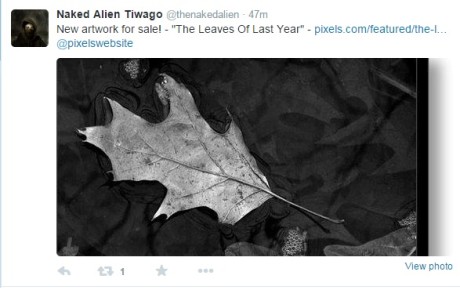Let’s start with the good news, shall we? The Spouse’s PhD is now bound and definitively submitted. He’s done. No more edits or corrections or rereads. No more hoops to jump through. Just the graduation itself at the beginning of the summer and that’s all celebration.
Which takes us to uncertainty. We don’t know what will happen next. Probably a move, but not certainly. As I’ve said before, it’s all job applications, waiting and working on faith these days. At some stage soon, we’ll likely be starting something new and then this chapter of our life will draw to a close.
It’s hard to long for an ending when we’re so tangled up in the mad happy circus of the day-to-day.
Endings are important. Of course, they make life tidy and then they also open things up. The old falls away giving space for the new to begin. But endings also give meaning to all that came before. That’s what I find myself thinking about this morning. I wonder what these days will mean when I remember them later. How will the ending and the next step change this part of our story? I sat on the bathroom floor, reading the lectionary while Plum played with his toes in the bath, and I wondered about how John remembered and recounted the last weeks and days of Jesus’ earthly ministry. He wrote down Jesus’ words about grain as a way of reminding his readers about the end to come.
“Unless the grain of wheat falls to the earth and dies, it remains alone; but if it dies, it produces much fruit….”
This is a passage I’ve been drawn to before. When the Spouse and I were newly married, I started baking bread and this passage found its way into my heart and started to work into my imagination. There is strength in this image.
But this morning, I find something that I hadn’t remembered before. The passage in John 12 contains a larger story. We read that Phillip is approached by “some Greeks” – foreigners who have come to Jerusalem to worship during the feast. “We wish to see Jesus.” So Phillip finds Andrew and together they seek out Jesus. That feels like a tidy narrative link to connect up the story. You might almost forget it as you step into the next paragraph where Jesus opens his heart and speaks of the coming events that will end his earthly ministry. But he speaks to answer their question and his words give meaning to the wish of the Greeks. They wish to see him, and what they find is the gospel.
“Unless the grain of wheat falls…”
This gospel is a message of letting things finish. Of facing the future – not without fear, perhaps, but with strength. Here in the Gospel of John, Jesus himself wrestles with the coming ending of his ministry story – though here this is not a Gethsemane moment.
“Now my soul is in distress. Shall I say: “Father. Save me from this hour?” But I have come to this hour to face all this.
So maybe there’s another layer here, too. Yes, the ending gives meaning to what came before, but all that happens also prepares us for the ending. I’ve never felt comfortable with the hymns that declare the Christ was born to die. They always feel insufficient, incomplete. Surely Christ’s own day-to-day living is vital, too. I need it to be. Both the beginnings and ending must locations of light. His dying brought to light his radical living. His living gave a deeper context for his death.
I am the Alpha and the Omega – the beginning and the end.
Later this morning, once Plum had settled in for a nap, I found this photograph by Tim Wood, who tweeted as @thenakedalien. 
It’s called The Leaves of Last Year. Such a great image. I love the layers of letting go here. An old oak leaf floats on the surface of a stream, looking as if it has just touched the water, just drifted down from strong branches overhead. If you look down past the lead and the surface, look deeper into the water, you can see the outline of other leaves already fallen, already submerged. This water looks cold and makes me think about how ice melts away if given time and warmth. I wonder where the water will run, what river these waters will find. And yet, the dry leaf is already a river, its veins forked streams. The wind moves the water and the leaf, the same wind that unlatches all leaves from their branches, that rustles the green leaves all through the summer on the branches that grown just above the stream. Ending and beginnings overlap here in black and white.
This, too, is beautiful.



